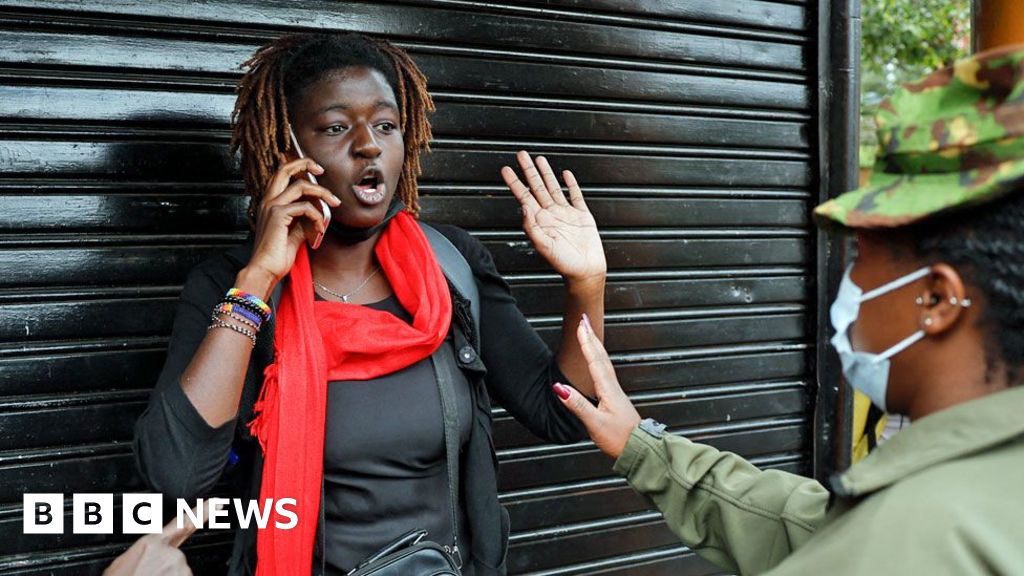World
Kenya finance bill 2024: Bread and other tax proposals axed amid public outcry – BBC News

- Author, Basillioh Rukanga
- Role, BBC News, Nairobi
-
Kenya’s government has scrapped some proposed taxes in this year’s controversial finance bill, including a 16% levy on bread, after a public outcry.
The announcement by MPs came as police fired tear gas and used water cannon to try to disperse angry protesters in the capital, Nairobi.
Dozens of people have been arrested, and lawyers earlier joined chanting crowds at the city’s main police station to demand that detainees be freed.
Since coming to office in 2022, President William Ruto has introduced several new and unpopular taxes with the aim of eliminating the country’s national debt of nearly $80bn (£63bn).
But critics of the latest proposals fear they will stifle economic growth and lead to job losses.
Some of the protesters marching through the capital called on the president to resign, shouting, “Ruto must go! Ruto must go!”
The U-turn over the new finance bill was announced by Kuria Kimani, chairman of the parliamentary finance committee, at a press briefing attended by President Ruto as well as other lawmakers in the ruling coalition.
His finance team has been collecting public views on the bill and he said the decision to drop some of the proposals had been made to protect Kenyans from the increasing cost of living.
Other proposed taxes that have been axed include ones on cooking oil, mobile money services and on motor vehicles, which critics said would have also hit the insurance industry.
Mr Kimani also announced a reversal on a proposed eco tax that targeted products seen as having a negative impact on the environment, such as packaging, plastics and tyres.
It had faced a backlash with many arguing it would raise the cost of key goods such as nappies, sanitary towels, computers and mobile phones.
The levy would now only apply to imported goods, Mr Kimani said.
Mr Ruto did not speak or react during the briefing – but the move, which has been seen as succumbing to public pressure, will be a blow to his government.
He recently urged Kenyans to accept more taxation, arguing that they were in fact undertaxed, but he acknowledged it would be difficult.
Over the last two years, taxes on salaries, fuel and on gross sales have been hiked.
A housing levy of 1.5% of a worker’s monthly pay, which goes towards the construction of affordable houses, has also been introduced.
A new higher health insurance levy is also due to come into effect soon.
Lawmakers are due to discuss the finance bill on Wednesday, which is why protests are being staged in the capital.
Police have arrested several people accused of organising the demonstrations.
More BBC stories on Kenya:
Image source, Getty Images/BBC







:max_bytes(150000):strip_icc()/roundup-writereditor-loved-deals-tout-f5de51f85de145b2b1eb99cdb7b6cb84.jpg)


